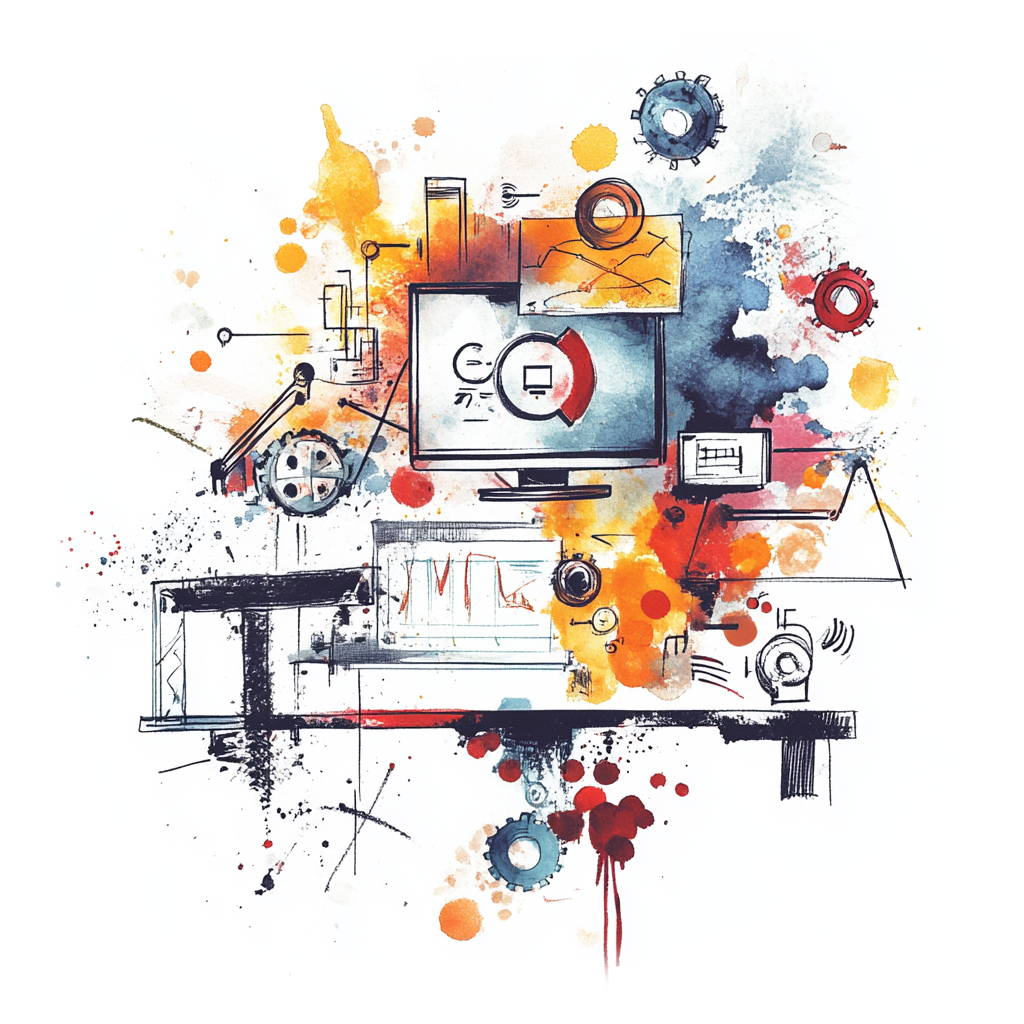Leveraging Self-Owned AI in Event Planning
Learn how Event Planning companies can leverage self-owned AI to enhance their operations and drive innovation.

How Upstream Operators in the Event Planning Industry Can Leverage Their Own AI
Imagine you’re at a buzzing conference or a lavish wedding—every detail is meticulously planned. Behind the scenes, however, a flurry of decisions is being made. That's where independent upstream operators in the event planning industry come in. Think about it: from choosing the right vendor to collaborating with teams and managing budgets, the stakes are higher than ever. But what if I told you that you could harness your own AI to make your life dramatically easier and your events even more spectacular? Let's dive in!
Use Cases: Your AI in Action
1. Smart Vendor Matching
Picture this: you're organizing a glittering gala, and you need everything from sound systems to floral arrangements. With your own AI, you can automate vendor matching. Your AI can learn your preferences, budget, and the ethos of your event so that it suggests the best vendors that fit your needs. Forget the endless Google searches; let your AI do the heavy lifting!
2. Personalized Event Experiences
Imagine knowing what each guest wants before they even walk into the hall. Your AI can analyze previous attendee data—preferences, dietary restrictions, and even past feedback—to tailor experiences accordingly. A wedding guest allergic to shrimp? Your AI has got that covered, so no need for awkward dining moments.
3. Efficient Communication
In the chaos of event planning, communication is key. Your AI can streamline conversations between vendors, clients, and team members. Imagine a virtual assistant that keeps everyone on the same page, automating reminders for meetings, updates on tasks, and answering FAQs from your team. Now that’s a game changer!
4. Budget Management
Budgeting is no small feat, especially in the event planning business. Your AI can analyze costs in real-time, not only helping you stay within budget but also providing insights into potential savings and areas where you can splurge a little.
The Benefits of Your Own AI
Now that you’ve seen how your own AI can transform your event planning business, let’s talk about what makes having your own self-hosted AI such a smart move:
1. Tailored to Your Needs
When you create your own AI, it’s built specifically for you! You have full control over how it learns and what it focuses on. No more cookie-cutter solutions. It's tailored to your unique processes and challenges.
2. Data Privacy and Security
In an industry dealing with sensitive data—from guest details to client contracts—having your own AI means you can keep this information secure. You don't have to worry about data breaches or privacy issues often associated with third-party solutions.
3. Cost Efficiency Over Time
While setting up your AI might require an initial investment, think long term. By automating tasks, you can save on labor costs and increase efficiency, ultimately maximizing your profit margins.
4. Competitive Edge
In a bustling and competitive industry, having your own AI gives you that edge. You can innovate quicker, respond to clients faster, and offer personalized experiences that set you apart from the competition.
Steps to Get Your Own AI Up and Running
So, you’re sold on the idea—how do you start? Here’s a simplified roadmap to get your own AI going:
Step 1: Identify Your Needs
Start by figuring out where your biggest pain points lie. Is it vendor management, budget tracking, or perhaps communication? Make a list so you have a clear picture of what you want your AI to do.
Step 2: Gather Data
Your AI needs data to learn. Start compiling past event records, guest feedback, budget reports, and vendor info. The more high-quality data you have, the better your AI will be.
Step 3: Choose the Right Tools
Look into AI platforms that can be self-hosted. Many options allow you to customize how the AI operates. Be sure to consider factors like ease of use, scalability, and integration with your existing systems.
Step 4: Train Your AI
This is where the magic happens. Feed your AI the data you’ve gathered and let it start learning. Initial training may take some time, but this is crucial for it to function effectively.
Step 5: Test and Iterate
Once your AI is up and running, start using it on smaller projects to test its effectiveness. Gather feedback and iterate based on real-world performance. Make adjustments as needed to optimize it for your needs.
Step 6: Scale Up
Happy with the results? Great! Now you can gradually introduce your AI into larger projects and expand its capabilities as your business grows.
By folding your own AI into your event planning toolbox, you’re setting yourself up for success. You’ll not only improve your workflow but also enhance the overall experience for clients and guests alike. In an industry where experiences matter, your own AI could just be the next big thing. Why wait? Start your journey today, and who knows? Your events might just become the talk of the town!
